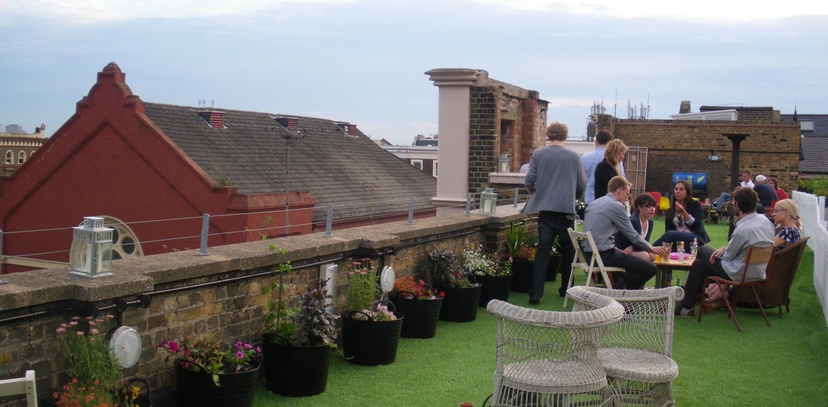
How do we begin to construct a more inclusive approach to civic engagement in the analysis of spatial policy? Speakers at a seminar hosted by Urban Salon last week set out to address this question, drawing on the lessons from their involvement in the London Plan Examination in Public (EiP), a 32 day ‘open’ review of Boris Johnson’s alterations to the capital’s Spatial Development Strategy.
Representatives from the London Forum and the London Tenants Federation joined Richard Lee and Michael Edwards of the Just Space network (an alliance of community groups and voluntary sector organisations set up to facilitate mutual support among EiP participants) to consider how co-operation between grassroots activists and researchers can be best developed, drawing on their practical experience with the London Plan process.
A number of barriers to an inclusive and effective framework for public consultation were identified:
But it was also noted that the number of representations made by community organisations this time around had vastly increased since previous London Plan EiPs. In this context, Just Space highlight the importance of engaging with the mangers of existing consultation frameworks (in this case the GLA) to encourage amendments to the process that place community groups in a better position to review and challenge spatial policy; developing practical solutions to the issue of engaging local people in the formulation of planning priorities.
The Future Communities project works from this same start point; setting out to identify the role community involvement plays in creating successful and flourishing new places. In our upcoming action learning seminar on Localism, The Big Society and Community Organising – scheduled to take place on Feb 24th – we will be discussing some of the issues raised by Just Space, thinking about how the government’s approach to spatial policy will be experienced by planning practitioners, community activists and local people.
Posted by Douglas Cochrane